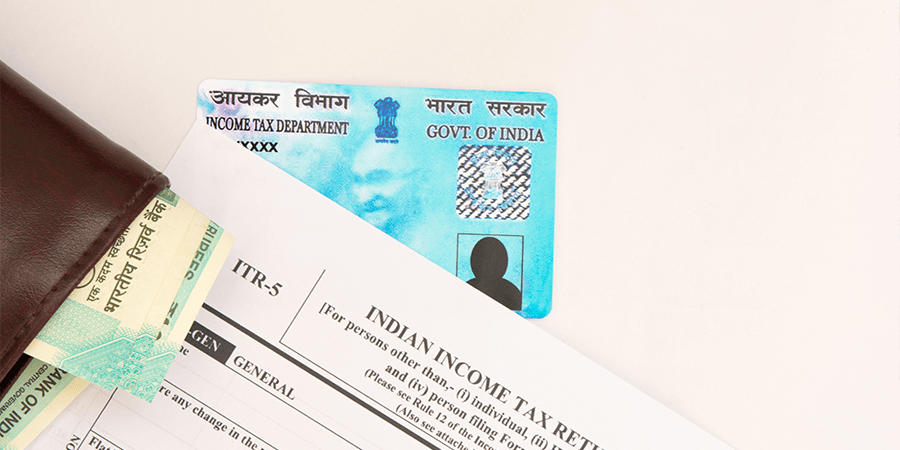
The income earned by Non-Resident Indians is not subject to tax in India. However, if their income in India crosses the basic exemption limit of Rs 2 lakh, they are required to file their returns. This income could be in the form of interest on deposits, rental income on property in India, etc.Also, if NRIs carry out transactions in securities like shares and mutual funds, the capital gains are liable to tax and, hence, an income tax return (ITR) must be filed( in India). The due date for filing ITR is usually the 31stJuly, every year.
However, there are certain things that NRIs must take into consideration while filing atax return. By considering the following practical scenarios, one can ease out his/her tax-return filing process in India.
The returns have to be filed if the income exceeds the taxable limit, or to claim refund if the tax deducted at source (TDS) is more than the tax payable, or to claim the amount set off against capital losses.
The documents to be submitted includes the passport in order to show the number of days spent outside India to qualify as an NRI. Besides this, the NRIs need to provide the statements for the de-mat accounts, for the transactions and bank accounts held in India, as well as the TDS certificates received from the other parties.
The NRIs can also claim exemptions available to the individuals under the Income Tax Act (unless specifically not applicable to NRIs), such as Section 80C, with respect to certain investments, payment of principal on housing loan, etc. The taxable income can be reduced by availing these exemptions.
To expect a refund from the filed tax return, an NRI individual should ensure to put the exact bank details, which includes the account number and the branch MICR (Magnetic Ink Character Recognition)code. However, in case of an online filing of returns, the processing of the refund happens electronically. Therefore, precise bank account details are always helpful.
The NRIs can file their tax returns online on the Income Tax Department e-filing portal. Alternatively, they can use other private, paid e-filing portals or even take the help of tax advisors.
It is not necessary for an NRI to file tax returns if the total income during the relevant financial year consists only of investment income or long-term capital gains, or both, and the tax has been deducted at source from such income.
For any further information please contact info@smalegal.in
©2024 SMA Legal